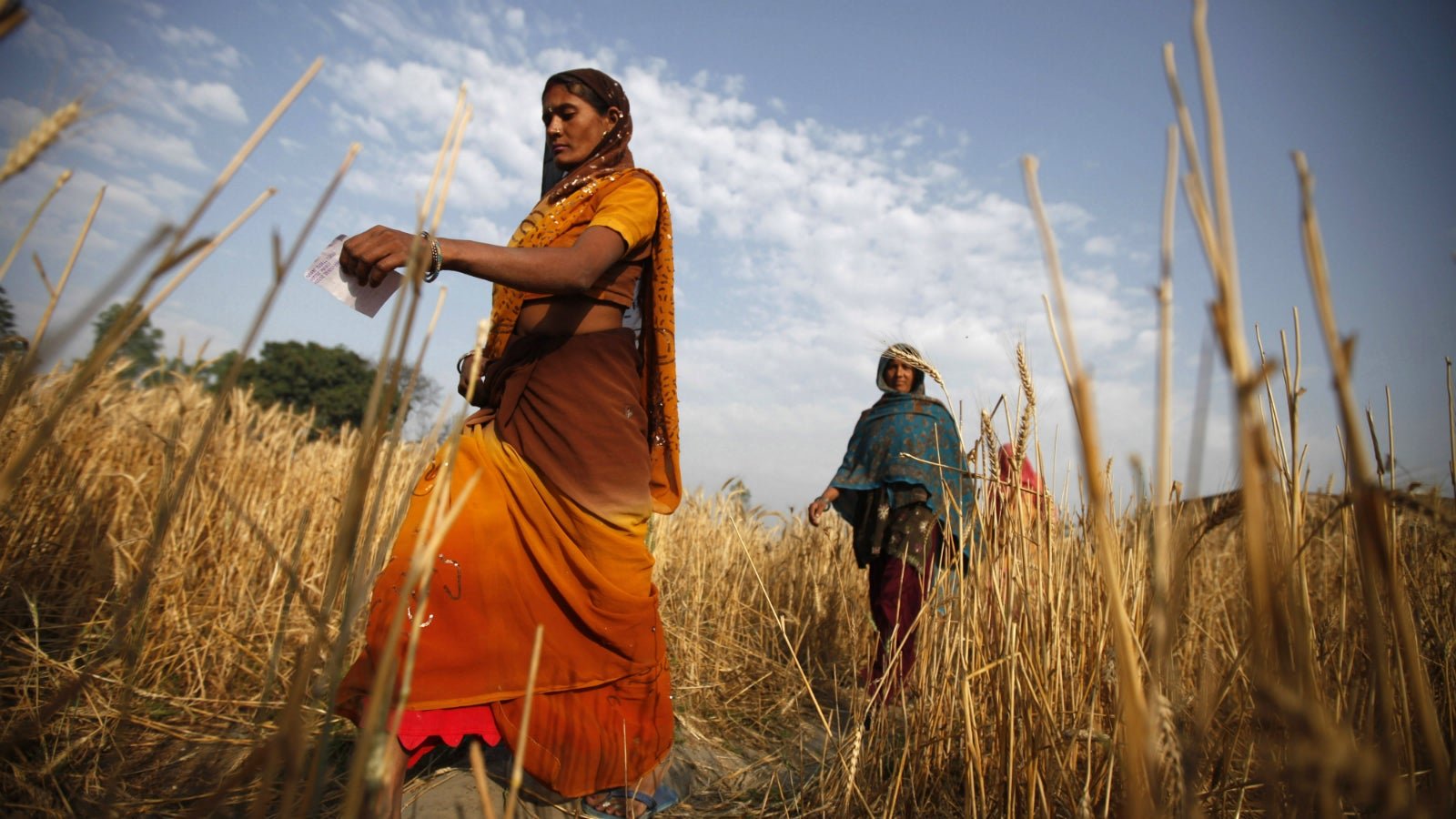“Facebook alone won’t do anything for us.” What rural Indians think about Free Basics
Over the last few months, the activism against Facebook’s free internet in India has been called “elitist” and “self-righteous.” An opinion piece in The New York Times, for instance, called the opposition “elite Indian condemnation of internet for the poor.”


Over the last few months, the activism against Facebook’s free internet in India has been called “elitist” and “self-righteous.” An opinion piece in The New York Times, for instance, called the opposition “elite Indian condemnation of internet for the poor.”
Most voices that have come out in criticism of Free Basics—which provides free but limited internet access to Reliance Communications’ subscribers in India—were of venture capitalists and technology entrepreneurs, who are unlikely to be the direct beneficiaries of the service.
Now, Khabar Lahariya— a weekly newspaper run and published by women in multiple languages—has released a video and an audio clip that give some insights into how some rural women view the service. And, according to them, Free Basics is a harmless but ultimately unimpressive product.
In the video, two women—a graduate student and a computer teacher—in Khurhand village of Uttar Pradesh explain that without access to Google, a free internet will not be particularly helpful.
“Facebook alone won’t help us until we have access to Google. Google is what gives us all the information… We need YouTube also because like we get information from Google, we can watch that information through videos on YouTube,” Mriti Shukla, the college student, said in Hindi.
On social media, Free Basics has been strongly condemned for violating the open nature of the web. Net neutrality activists oppose the platform because it includes only websites and apps approved by Facebook. Several Indian entrepreneurs have also opted out of the platform because they believe that it will curb new innovation. “We exist today because when we started the internet in India was neutral and free. How can we support something that kills the neutrality of the internet now?” Vijay Shekhar Sharma, founder and CEO of Paytm—and among the most vocal critics of the service—told Quartz in December.
India’s telecom regulatory body has put Free Basics on hold in India since Dec. 23.
Besides the video, Khabar Lahariya shared an audio clip in which the publication’s editor Kavita, Varanasi bureau chief Rizwana Tabassum, and Lucknow bureau chief Lakshmi discuss Free Basics.
Unlike mainstream publications, Khabar Lahariya, which is sold across 800 villages, is almost entirely run by women, many whom acquired a college degree only after joining the newspaper. Tabassum is from Varanasi in Uttar Pradesh while Kavita—a founding member of Khabar Lahariya, who likes to go by her first name only—is based in Banda district of Bundelkhand in the same state. Kavita holds a Masters of Arts degree. Lakshmi, who also uses her first name, is currently based in Lucknow, and hails from Sheohar district in Bihar.
In the audio clip, Tabassum and Lakshmi accept that the service could be a good start towards bringing rural population online. According to them, Free Basics can provide useful information to villagers, such as weather updates to farmers or job opportunities to the unemployed youth.
“At times in villages people don’t have the money to spend on internet, so they don’t use it. But if Facebook is available for free, people will at least use it and experience the internet,” Lakshmi said in Hindi.
“And it’s not necessary that if people use (free) internet, they won’t use the (full and paid) internet. I feel that people will get habituated to using the internet because when we see an advertisement of something, we develop the curiosity to know more. So as per me, this is a good idea.”
However, the three women question why the government is keeping this service limited to Facebook.
“If the government wants to bring more and more rural people on to the internet, then it cannot keep the free services so limited. If someone is going to get access to the internet, they must be able to do everything on it,” Kavita said.